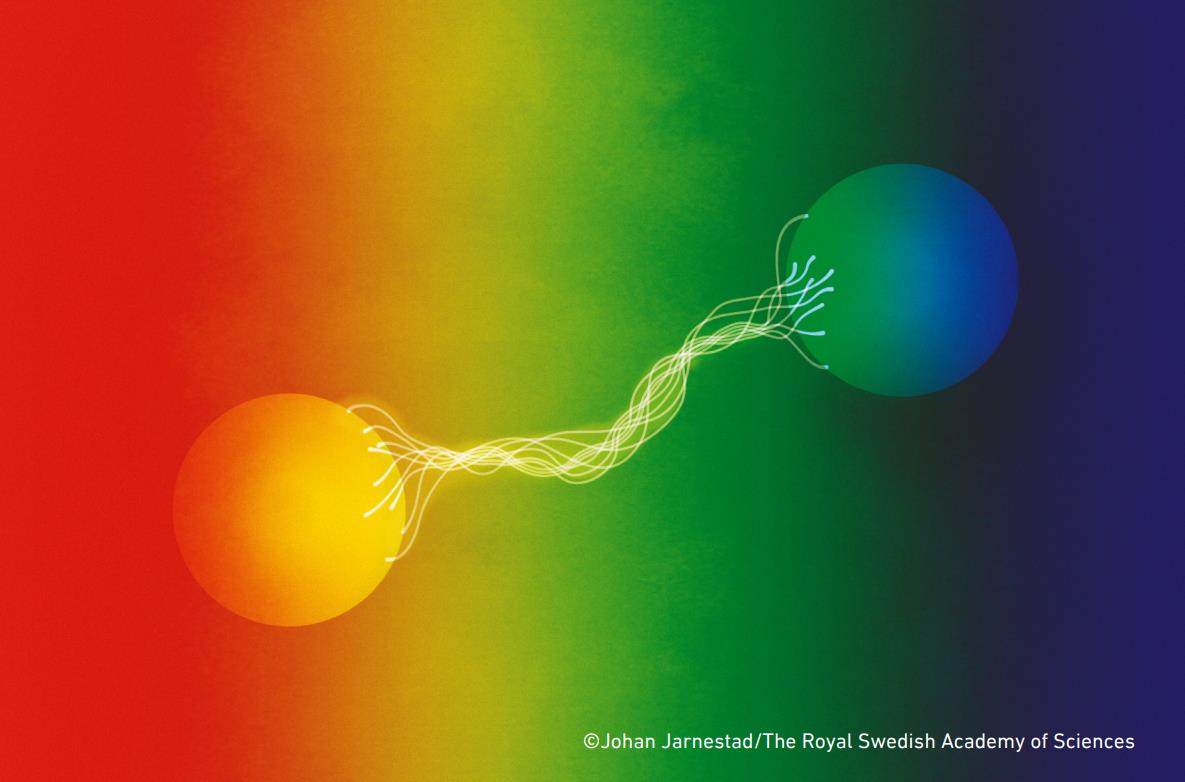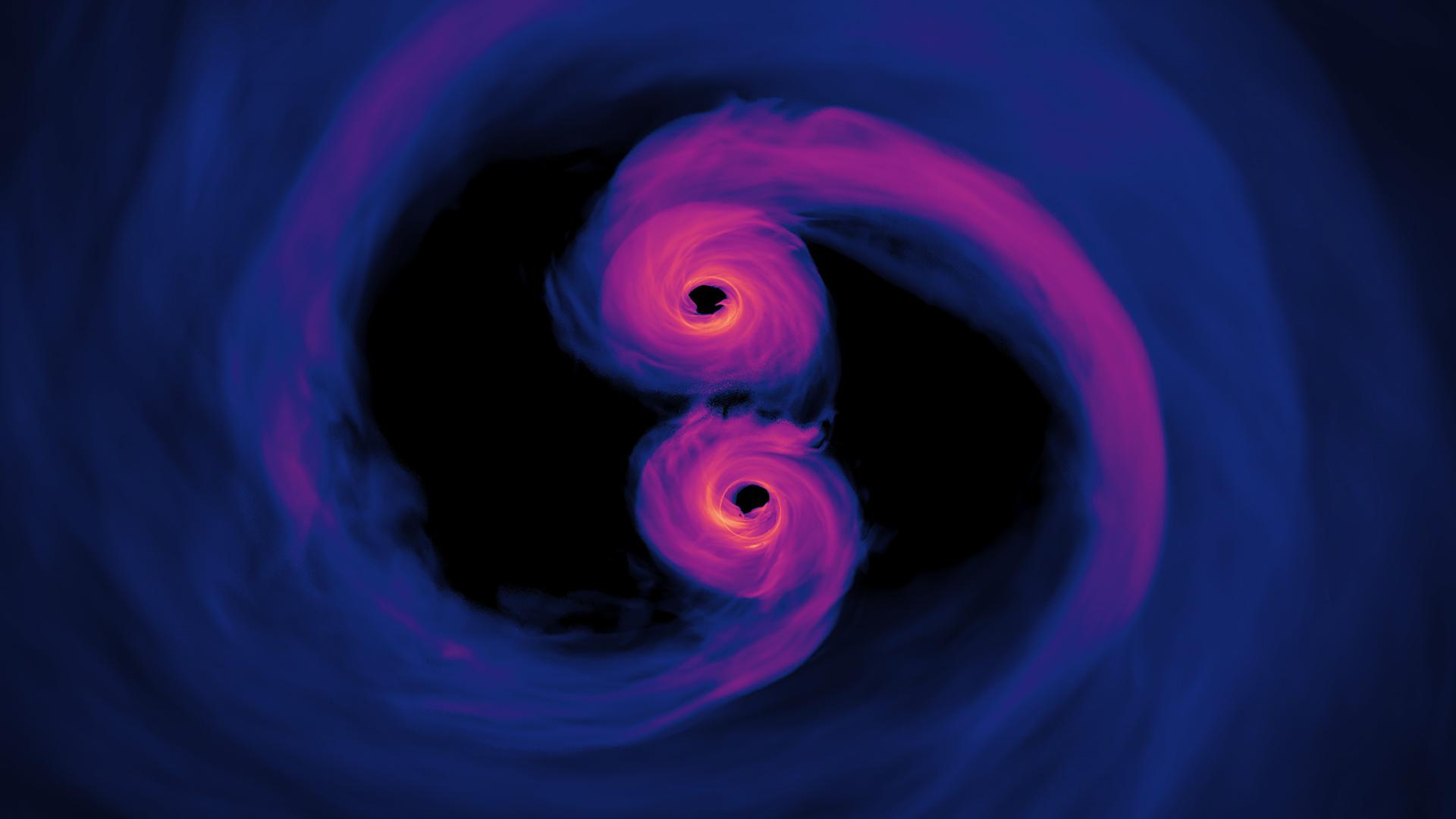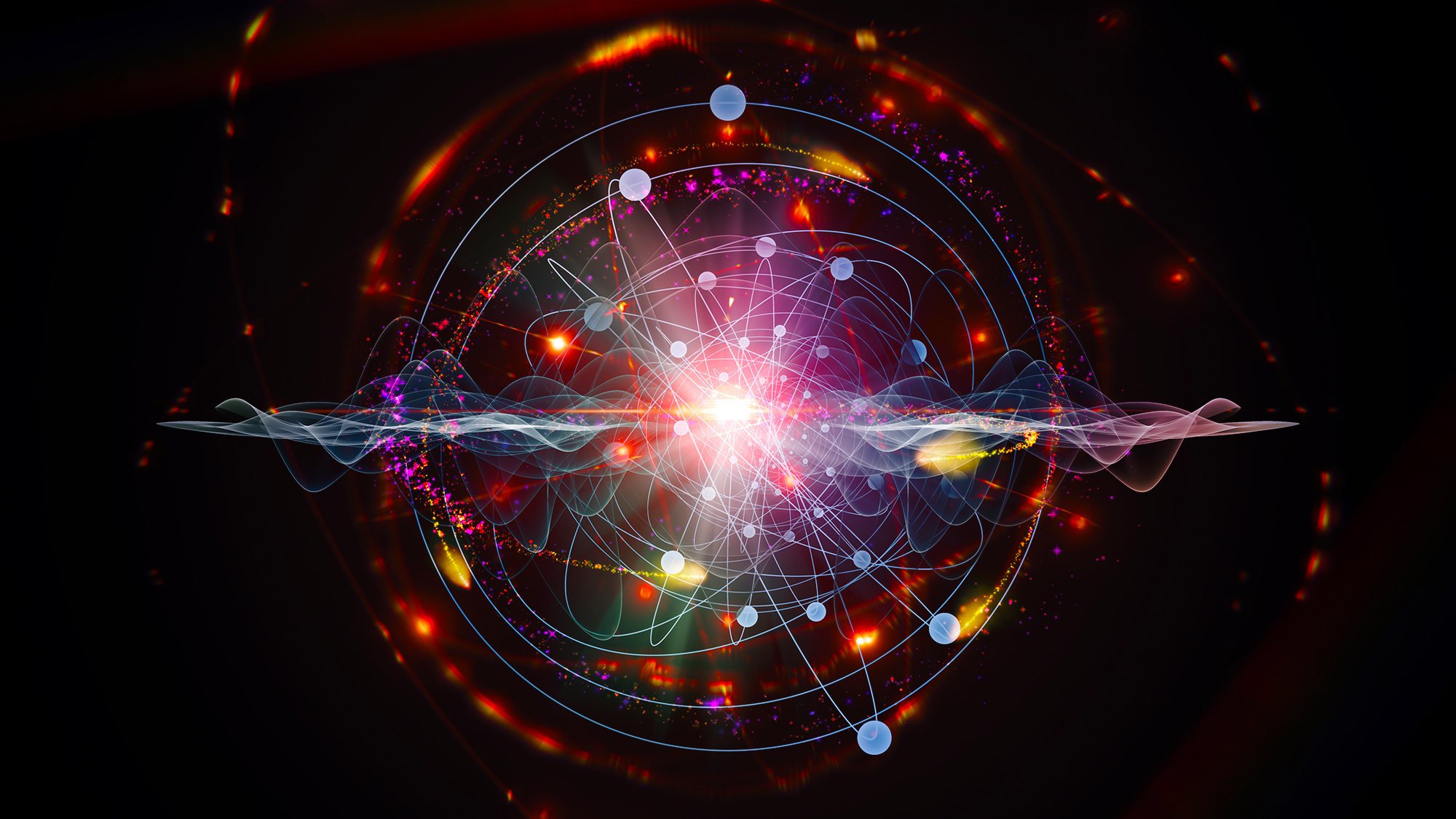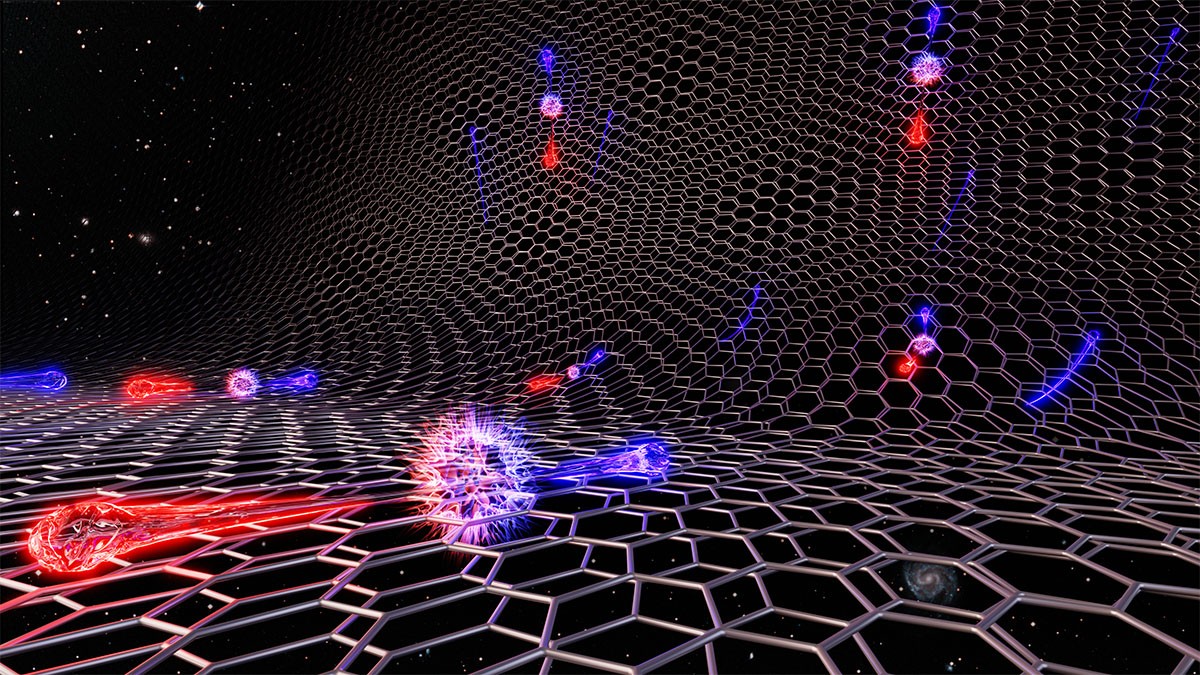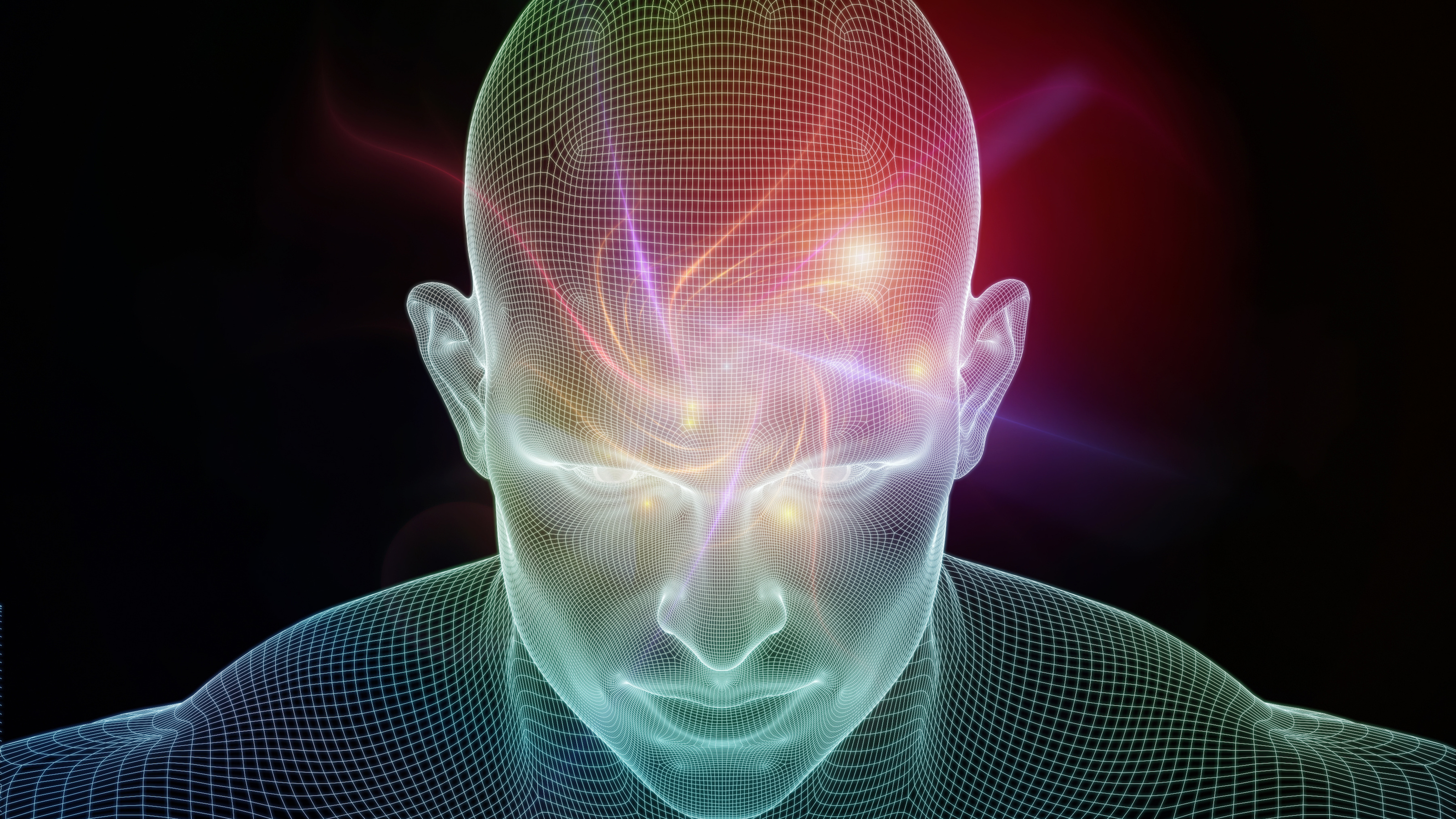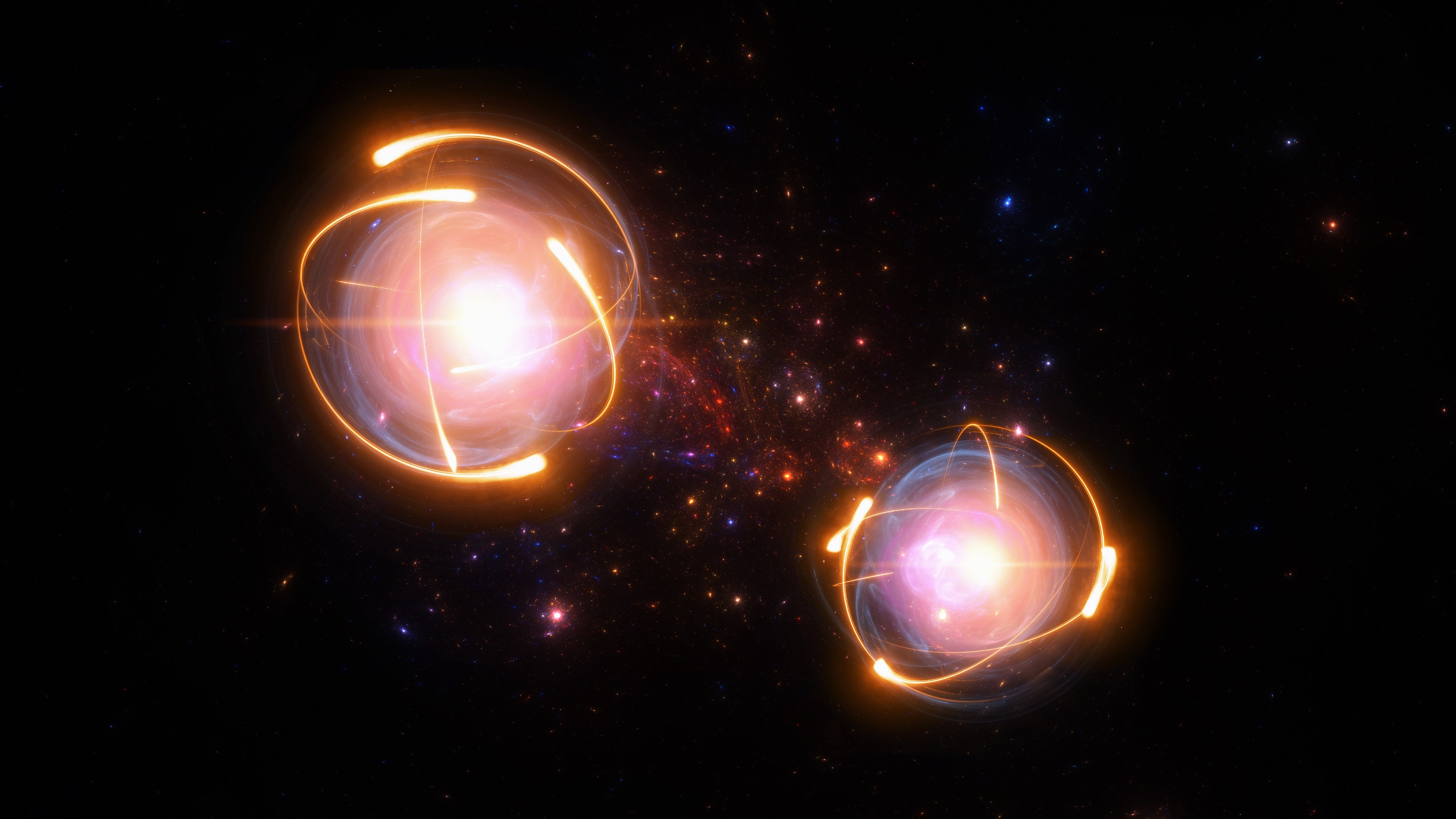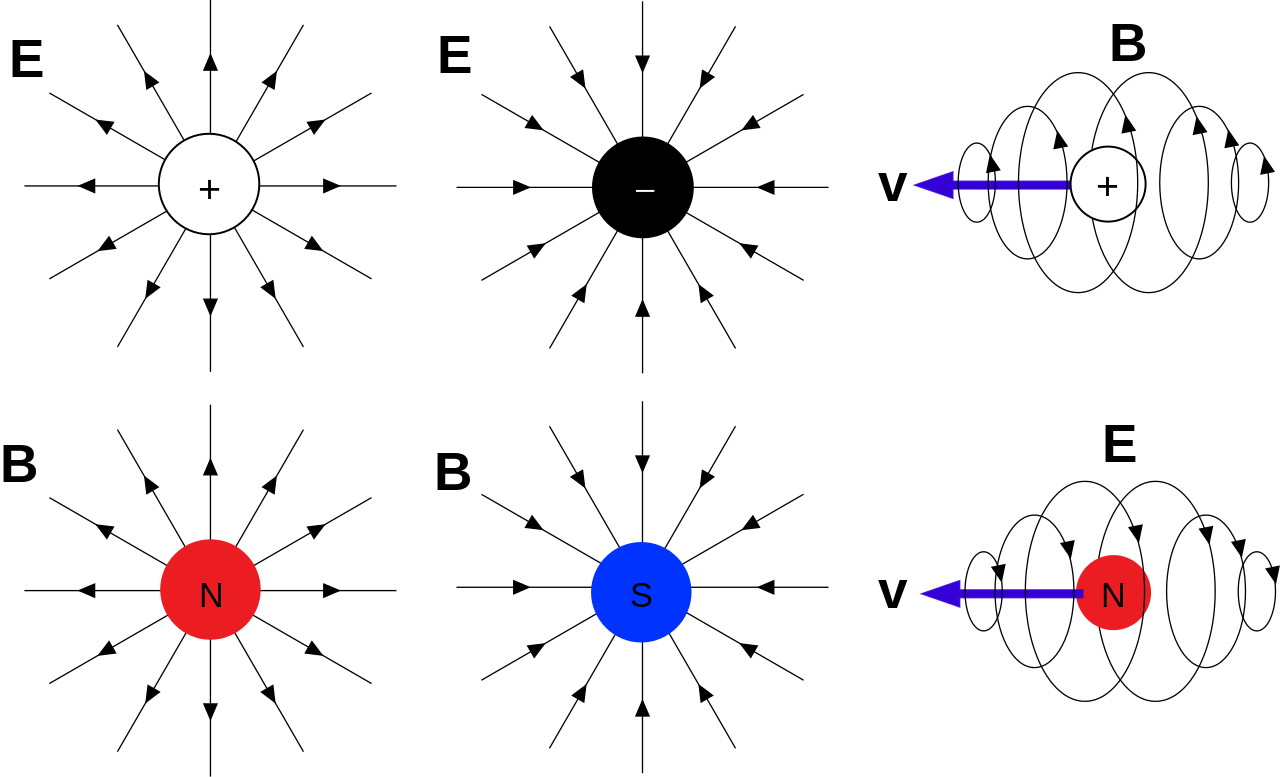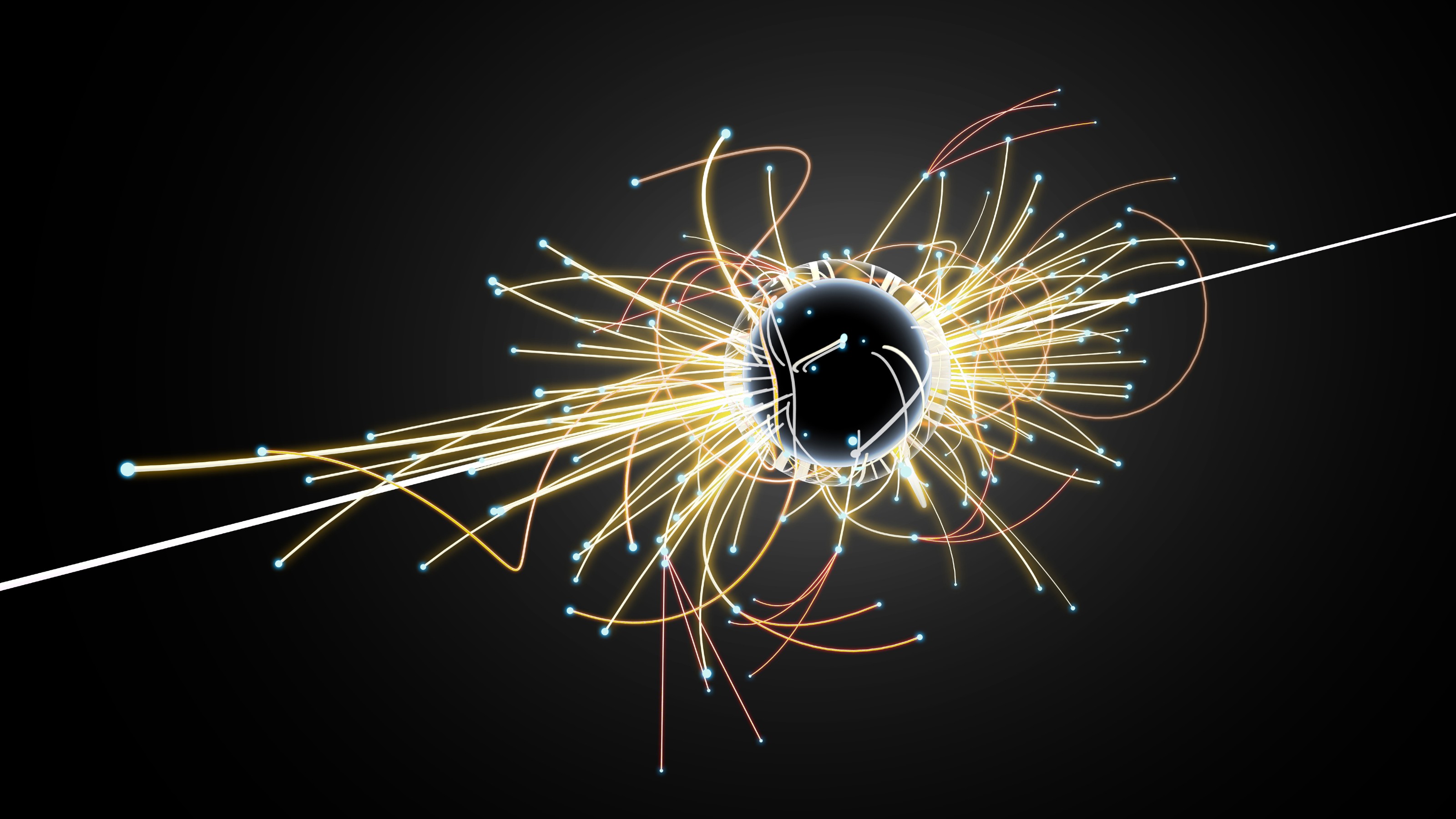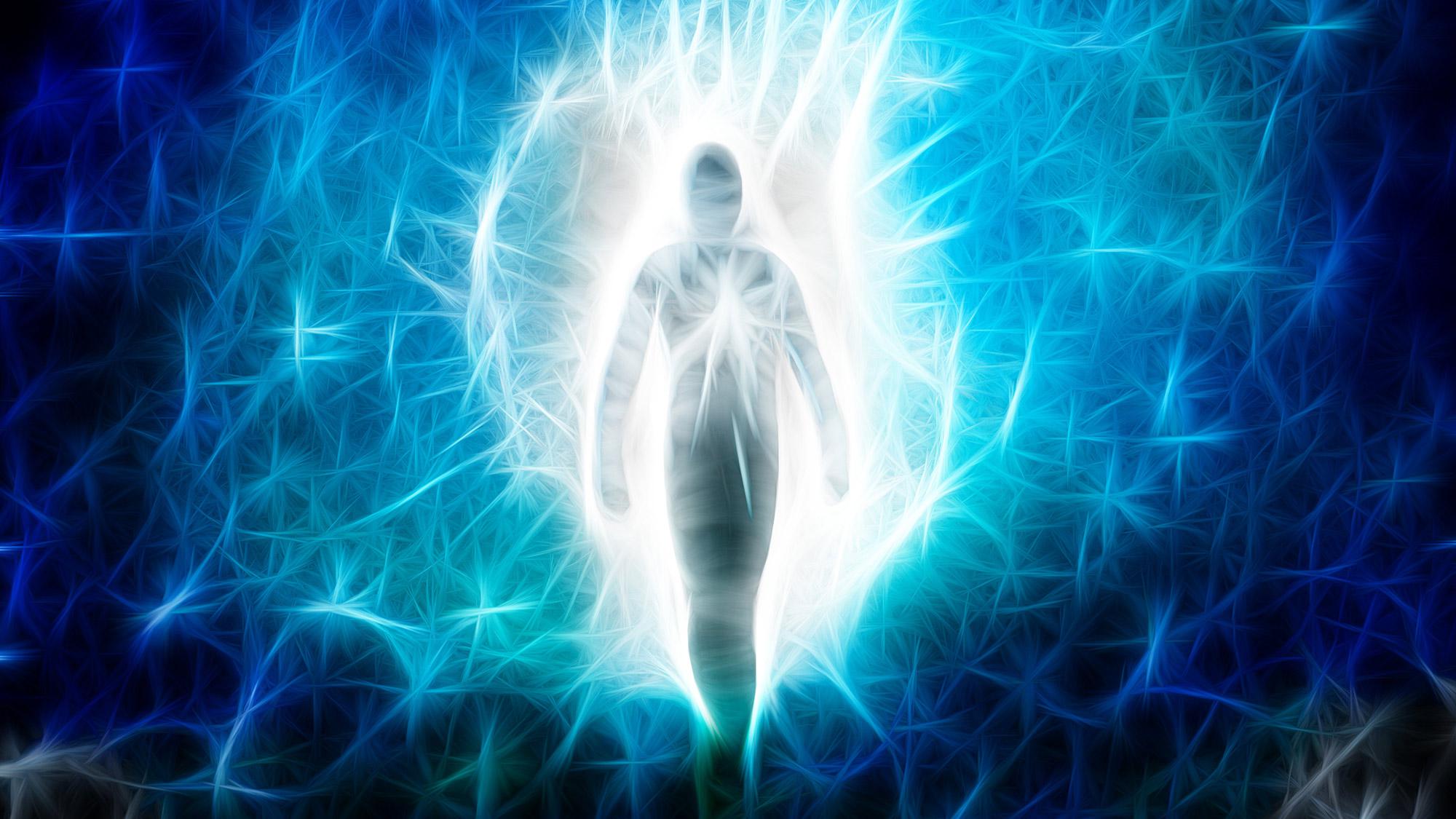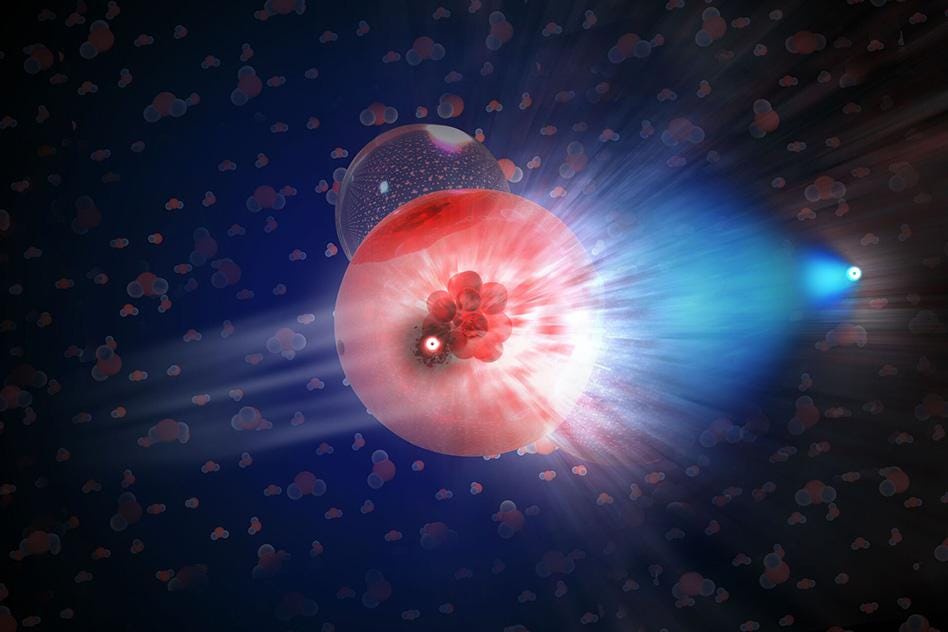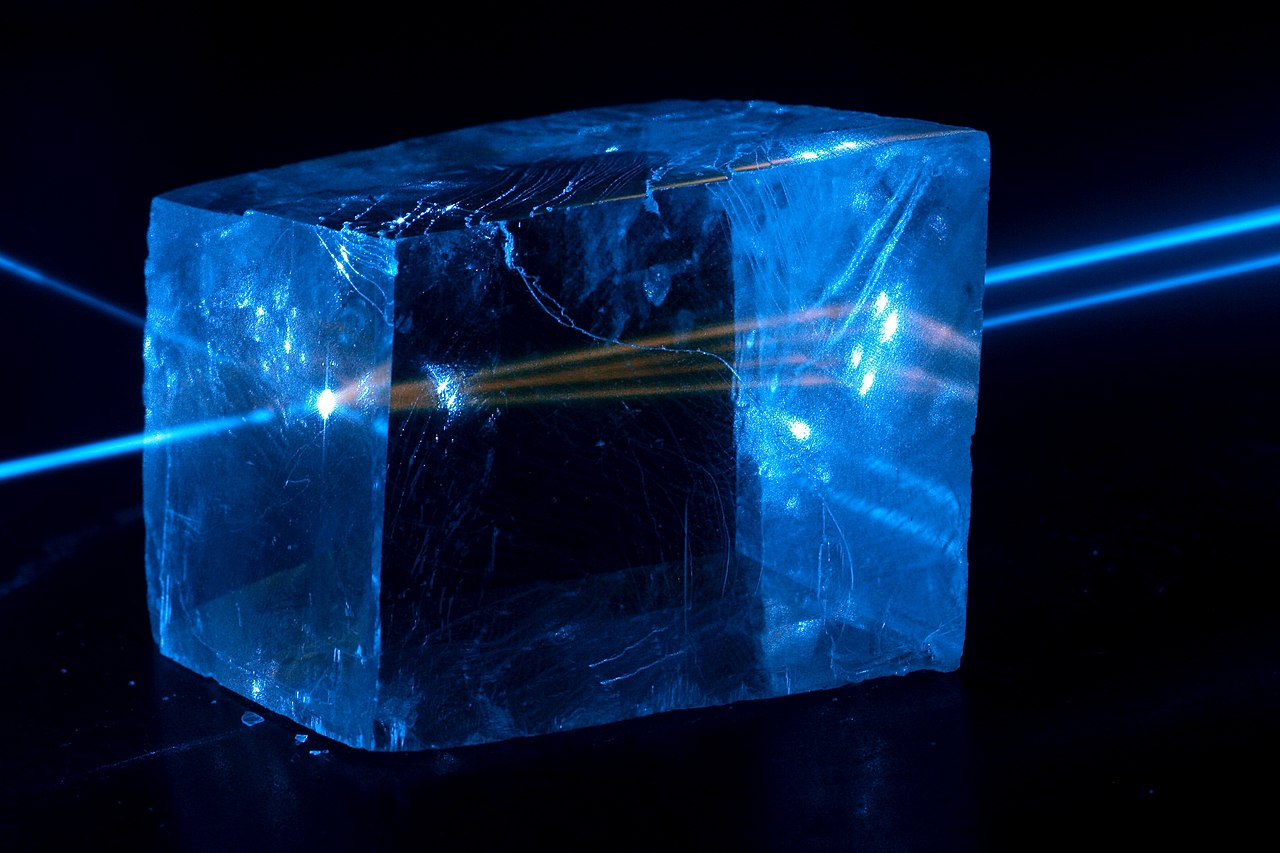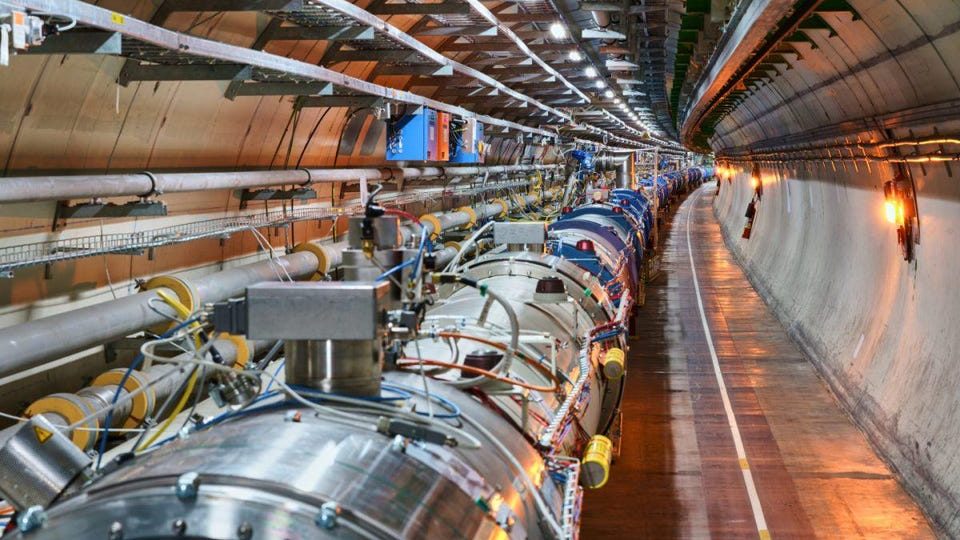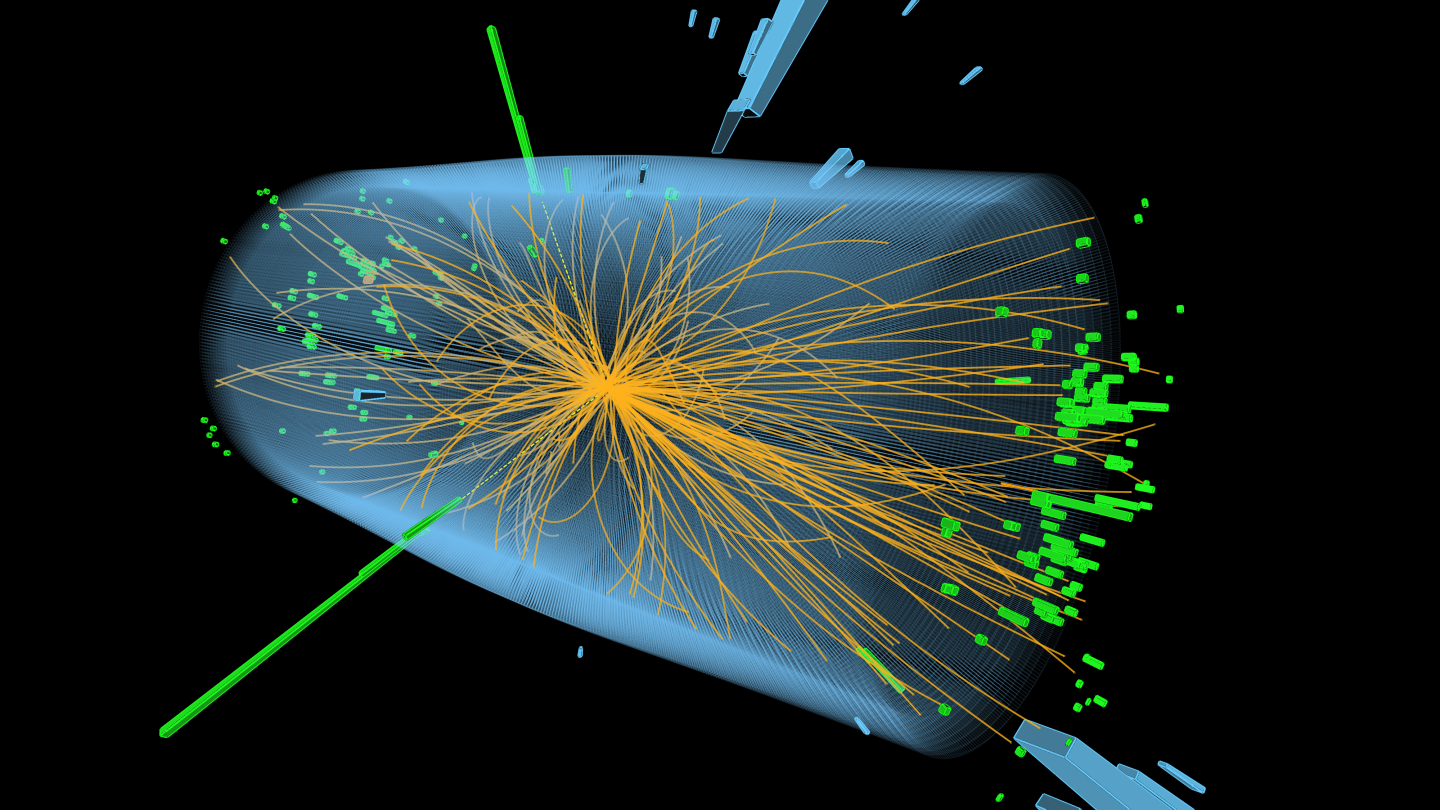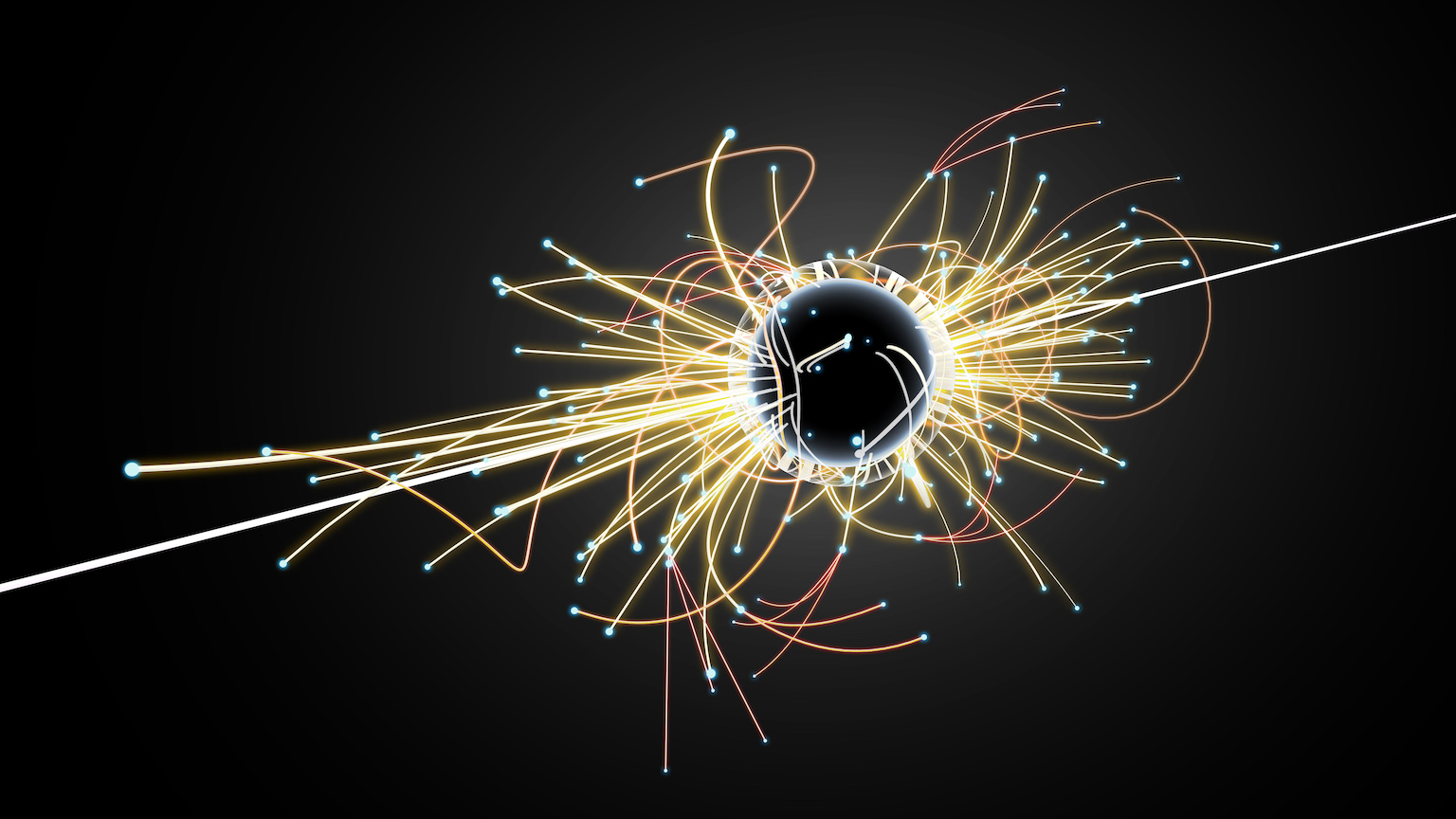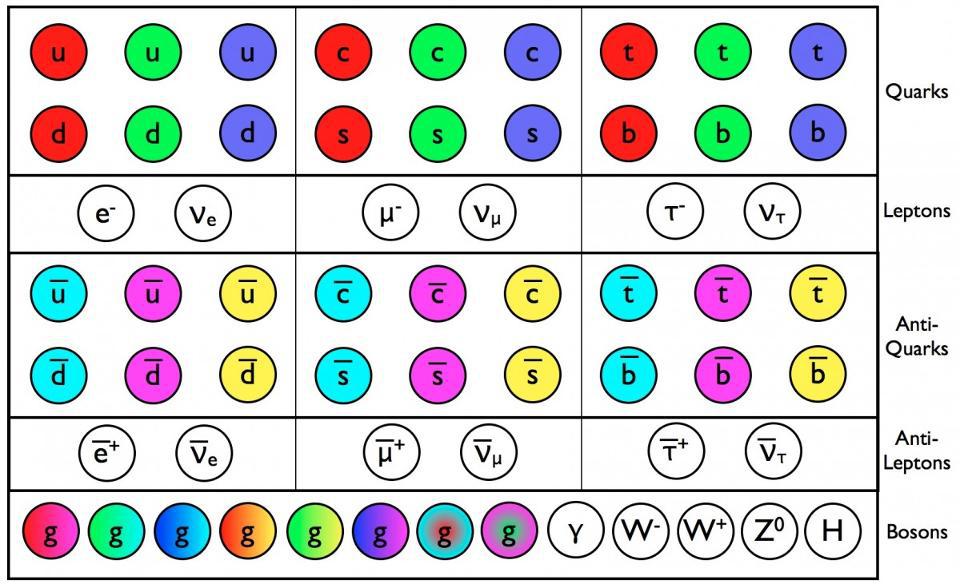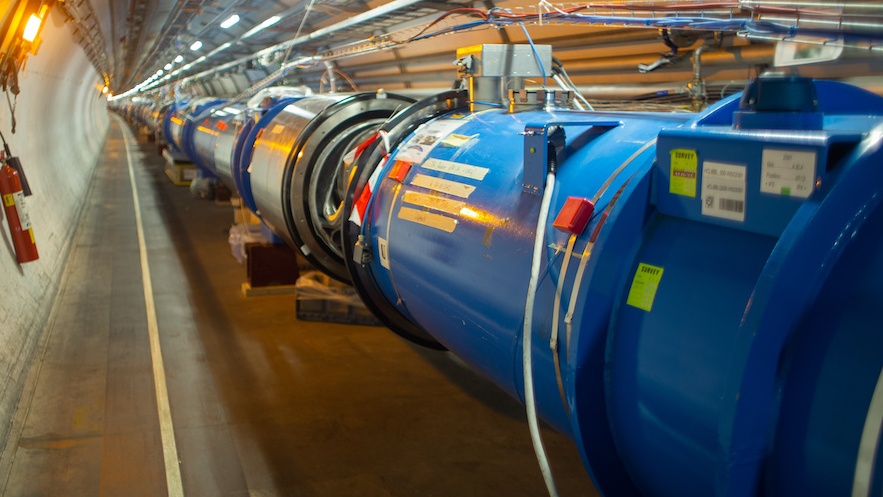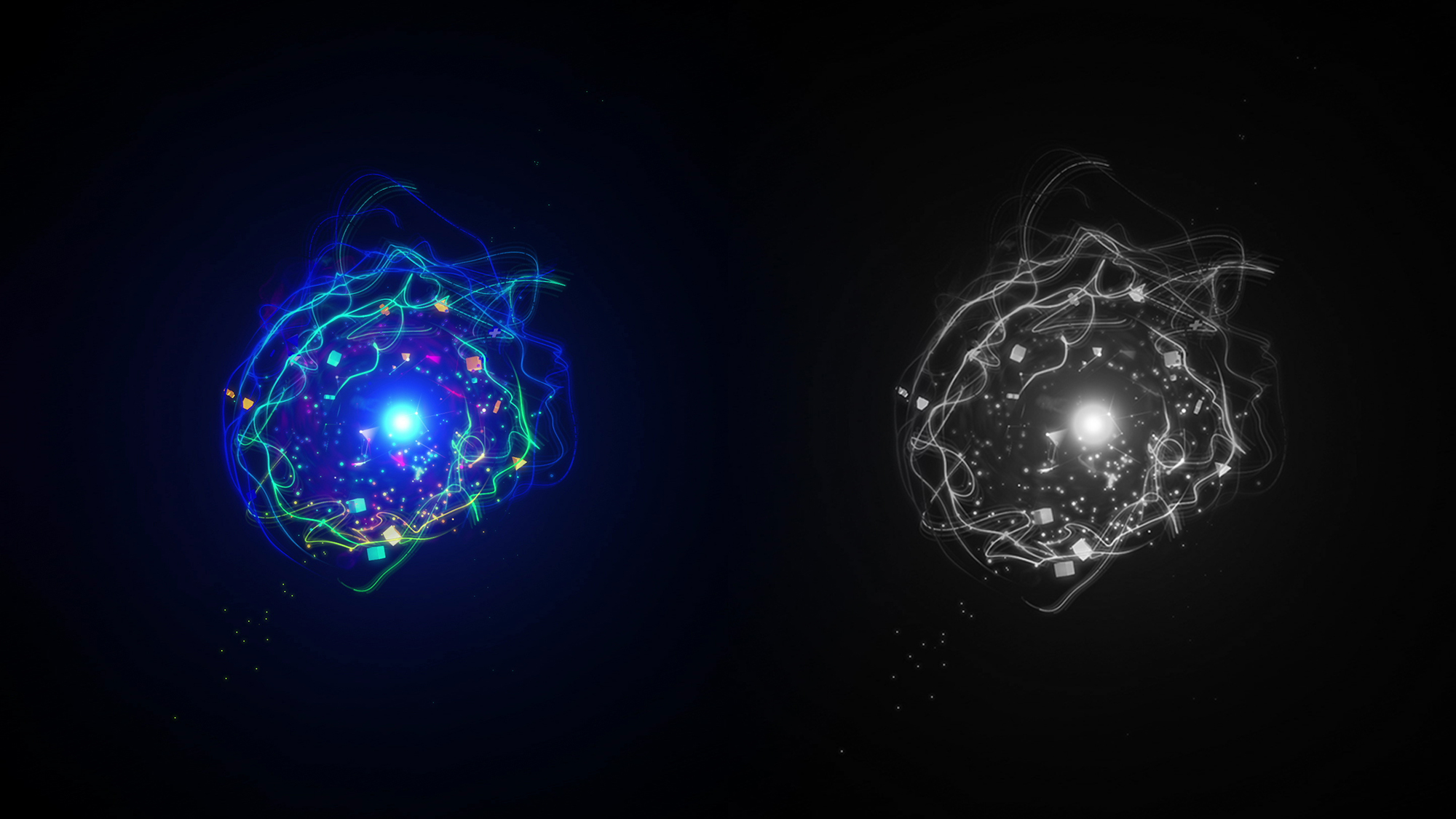particle physics
They say that nobody understands quantum mechanics. But thanks to these three pioneers in quantum entanglement, perhaps we do.
When you don’t have enough clues to bring your detective story to a close, you should expect that your educated guesses will all be wrong.
From the tiniest subatomic scales to the grandest cosmic ones, solving any of these puzzles could unlock our understanding of the Universe.
Amplifying the energy within a laser, over and over, won’t get you an infinite amount of energy. There’s a fundamental limit due to physics.
We have two descriptions of the Universe that work perfectly well: General Relativity and quantum physics. Too bad they don’t work together.
No matter how good our measurement devices get, certain quantum properties always possess an inherent uncertainty. Can we figure out why?
In our common experience, you can’t get something for nothing. In the quantum realm, something really can emerge from nothing.
At a fundamental level, only a few particles and forces govern all of reality. How do their combinations create human consciousness?
The war in Ukraine is unlikely to trigger a catastrophic nuclear meltdown. Physics and smart engineering are the reasons why.
With the right material at the right temperature and a magnetic track, physics really does allow perpetual motion without energy loss.
If your computer crashes, it might be due to a star that exploded somewhere in the Universe millions of years ago.
Quantum mechanics forces us to toss out the old, reliable ways in which we make sense of our everyday reality.
In special relativity, the statement that two events happened at the same time is meaningless.
Magnetic monopoles began as a mere theoretical curiosity. They might hold the key to understanding so much more.
The key problem with the dark matter hypothesis is that nobody knows what form dark matter might take.
The whole isn’t greater than the sum of its parts; that’s a flaw in our thinking. Non-reductionism requires magic, not merely science.
Lasers are all around you. This ubiquitous technology came from our understanding of quantum physics.
Searching for dark matter, the XENON collaboration found absolutely nothing out of the ordinary. Here’s why that’s an extraordinary feat.
There’s a speed limit to the Universe: the speed of light in a vacuum. Want to beat the speed of light? Try going through a medium!
Scientists have found three new examples of a very exotic form of matter made of quarks. They can yield insights into the early Universe.
The neutrino is the most ghostly, rarely-interacting particle in all the Standard Model. How well can we truly make “beams” out of them?
The way to understand the earliest moments of creation is to recreate those conditions and study them. Why would we stop now?
On July 4, we celebrate the tenth anniversary of the discovery of the Higgs boson, the missing piece of the Standard Model of particle physics.
Experiments cannot confirm what theory predicts about neutrinos. And particle physicists have no idea why.
Giant particle accelerators aren’t a waste of money. They are essential for understanding the Universe.
The Standard Model of elementary particles has three nearly identical copies of particles: generations. And nobody knows why.
A next-generation LHC++ could cost $100 billion. Here’s why such a machine could end up being a massive waste of money.
The spooky world of quantum mechanics might reach out and touch you — by mutating your DNA. Welcome to the weird world of quantum biology.
